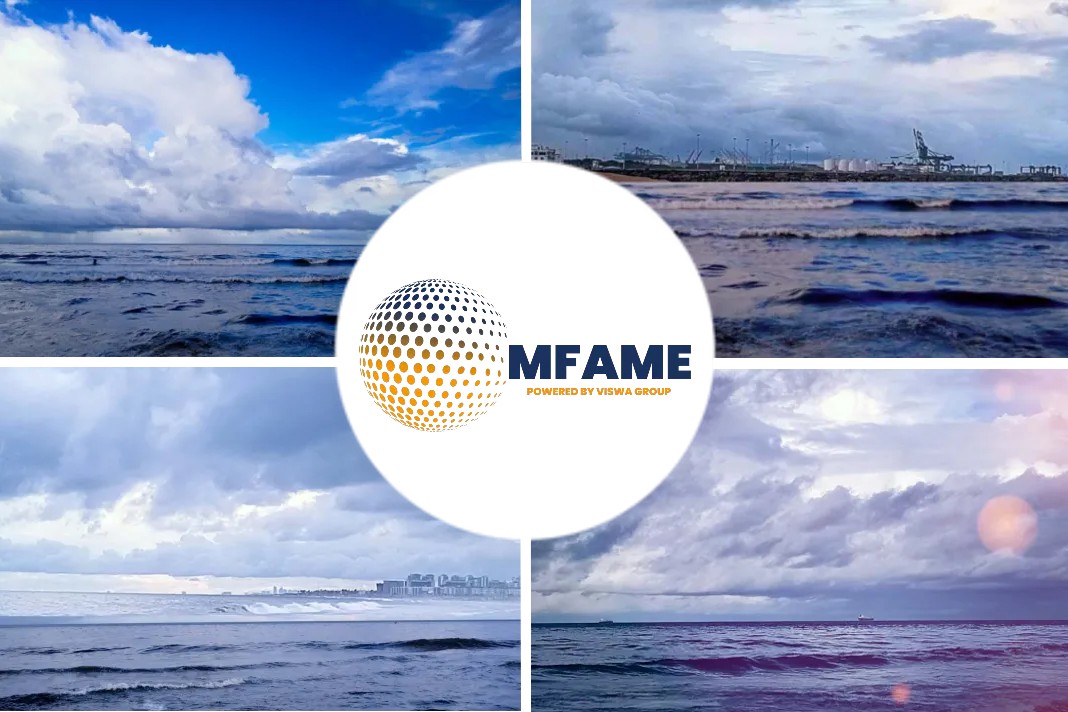
The ‘Maritime Cyprus 2023’ Conference, held at the Parklane Resort & Spa in Limassol, Cyprus, has concluded after three days of insightful panel discussions and presentations. The event delved into various aspects of the maritime industry, including the impact of future trends and emerging markets on shipping, complexities in ship finance, advancements in maritime technology for safety, and shifting dynamics within the cruising sector as reported by ship Management International.
- Maritime Cyprus 2023 conference explored the impact of populism, reshoring, energy transition, and demographics on the shipping industry.
- Discussions addressed ship finance challenges, administrative burdens, and the potential for consolidation in the shipping market.
- Advancements in maritime technology, seafarer safety, and the evolving dynamics of the cruise industry were key focal points during the event.
Navigating Maritime Trends
The conference opened with a presentation by Mr. Ben Nolan, Managing Director at Stifel, addressing the factors currently influencing the shipping industry. These include populism, reshoring, the energy transition, evolving demographics, and higher interest rates. Populism and insular policies are affecting global trade, while reshoring, particularly in manufacturing, is on the rise, with technology companies relocating processes back to North America. The energy transition and decarbonization efforts are at an all-time high, although a realistic perspective is urged, as progress will take time.
Challenges in Ship Finance and Capital Navigation
The first panel, “Navigating the Seas of Capital: Exploring Ship Finance,” moderated by Mr. Ben Nolan, explored the challenges of financing growth in the context of uncertain future fuels, geopolitical factors, and technological advancements. Discussions included the volatility of shipping investment, opportunities for exceptional returns during specific market cycles, and the administrative burdens faced by smaller shipping companies to comply with regulations. Smaller companies are finding it challenging to survive, and further consolidation is anticipated. Nonetheless, well-established companies with strong balance sheets and cash flow have access to capital.
Advancing Maritime Technology for Safety
The second panel, “The Future Seas: Advancing Maritime Technology for Enhanced Safety,” moderated by Ms. Despina Panayiotou Theodosiou, Joint CEO at Tototheo Maritime, focused on the impact of digitalization and advanced technologies on maritime safety. Discussion centered on the importance of embracing connectivity and technological advancements to improve seafarer safety. The role of well-produced training materials for seafarers was emphasized, encouraging a shift away from traditional training methods to better adapt to the needs of modern crews.
Shifting Dynamics in the Cruise Industry
The final panel, “Cruising Ahead: Exploring Current Developments and Dynamics in the Industry,” moderated by Mr. Joost van Ree, Group Director Cruise & Yachts at Ocean Technologies Group, explored the complexities of the cruise sector. The cruise industry, with its high visibility, is at the forefront of adopting new technologies and navigating sustainability transitions. The discussion also touched on the cruise industry’s sustainability efforts, with a focus on reducing emissions and collaborating with local communities in destination management.
Did you subscribe to our daily newsletter?
It’s Free! Click here to Subscribe!
Source:ship management international


















